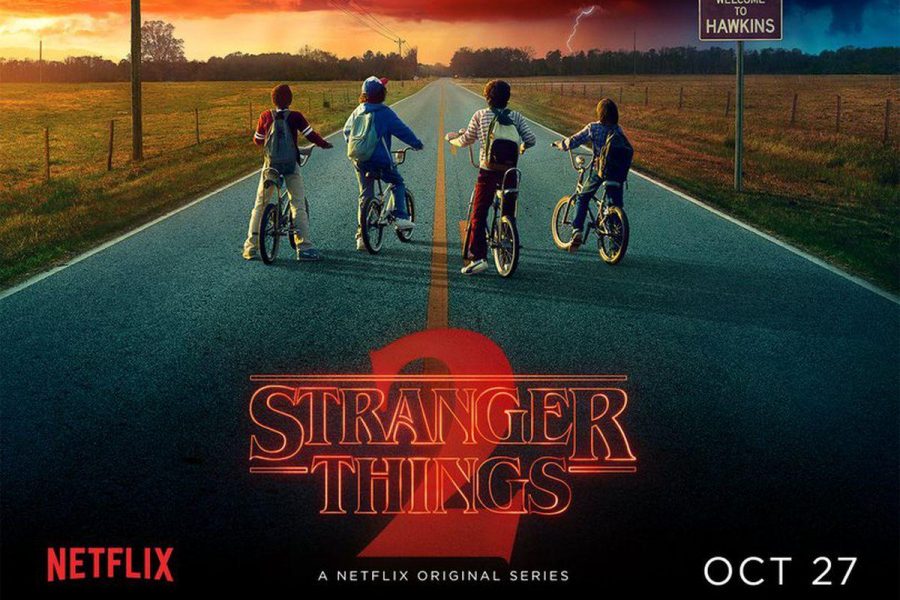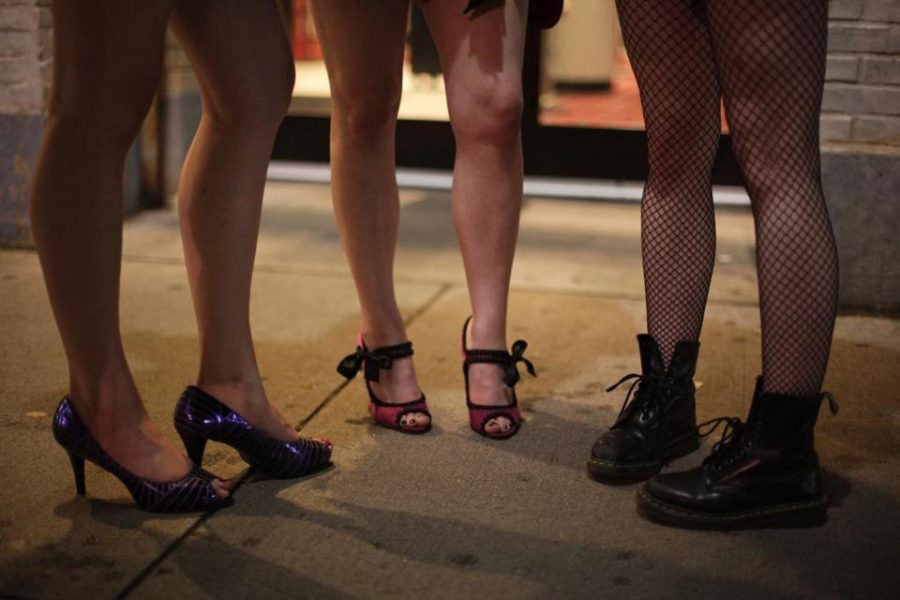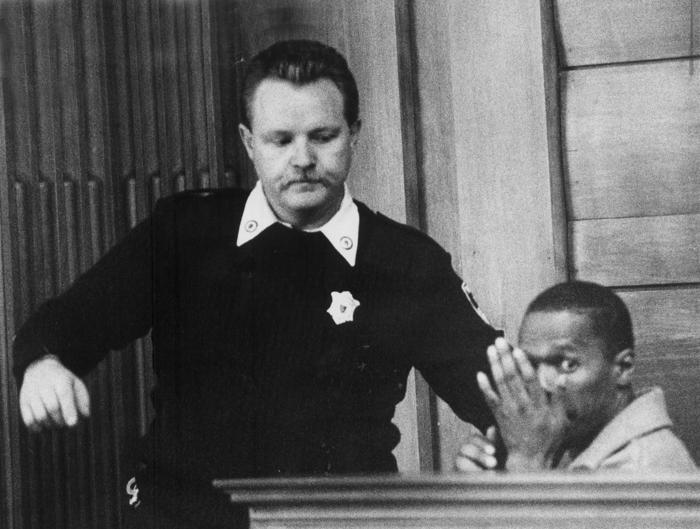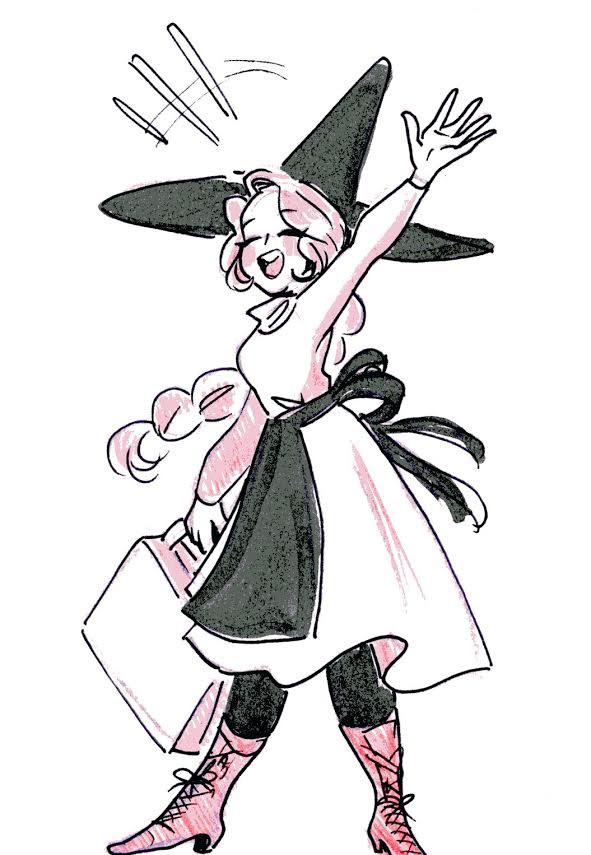By Kate Joseph
Staff Writer
Don’t mistake “Room”’s grim plot for a disturbing flick.
Author Emma Donoghue adapted her award-winning novel for the big screen intent on keeping the heinous story filled with peaks of wonderment.

“This is not a horrifying film,” Donoghue told Time. “The story we’re telling is about the extraordinary power of parent-child love.”
And though it might seem trite, that love shines through misery, torture, and abuse.
That may be partly because the story is often told through five-year-old Jack’s (Jacob Tremblay) imaginative perspective. His mother, or Ma (Brie Larson), who was kidnapped at 17 and held captive for seven years, gave birth and raised him inside the soundproof garden shed the two call ‘room.’ While Jack is content with the only world he’s ever known, Ma contemplates how to get herself and her son out alive.
It’s undoubtedly a horrific tragedy, but “Room” doesn’t rely on a sob story to tell this tale. Instead, it leans on hope.
Ma and Jack escape nearly halfway through the film, but their troubles hardly end there. Adjusting to the outside world is an arduous undertaking for Jack, while Ma needs to cope with what her life and the world have become without her. The family dynamic revealed after Ma returns to her life is, without giving too much away, compelling and genuine. Ma’s home isn’t quite the same. It’s not the haven she imagined returning to, because they never imagined she’d return at all.
The novel of the same name is narrated entirely by Jack, which keeps the book airy despite such heavy circumstances. The film is easily more weighty with a view outside of Jack’s mind, but his wondrous narrations pop up often and the visuals still don’t play like a depraved “Lifetime” drama.
The pillars of this story are inspired by actual events. Donoghue has said she was influenced to write “Room” by news coverage of Elizabeth Fritzl, an Austrian woman held captive for 24 years by her own father. Women like Amanda Berry, Jaycee Dugard, and Alba Alvarez also suffered similar ordeals before regaining their freedom. It’s a disgusting reality, but a reality nonetheless.
Due to events like these, the audience can imagine the brutalities that ensue in “Room.” Therefore, it’s not necessary to flaunt them on screen, because that’s not what this film is about. For example, we don’t see sexual assault occur and we don’t hear tortured moans; instead, we hear the bed creaking as we watch Jack rest inside his closed wardrobe, unaware.
In fact, the duo’s captor, whom they refer to as Old Nick (Sean Bridgers), is hardly seen at all. Even after the escape, Old Nick is hardly mentioned. Characters don’t speak about him and his arrest and court proceedings are not shown. The story hardly gives a face or personality to the psychopath that tore these characters’ lives apart.
Rather, the film is emotionally fueled, but in a subtle way. Ma attempts to explain the vast world outside room, but Jack refuses to believe it, building frustration and hopelessness. The book, the trailer, and common sense would already have you aware of the safe escape, yet that scene is more nerve-wracking than most films branding themselves as thrillers. A seemingly meaningless conversation between Jack and his grandmother (Joan Allen) is overwhelmingly heartening, releasing tears you probably didn’t think you had left.
Academy recognition for this film is inevitable. Larson is honest and unexpected, since she’s become a common co-star in comedies like “21 Jump Street,” “Don Jon,” and this summer’s “Trainwreck.” Here, she conveys a sincere, troubled human, not just a glamorized victim. She’s struggling with her freedom and the seven years she lost. Her look is realistically minimal, with little makeup, comfortable clothes, and natural hair, like we would expect of someone living such a nightmare. One scene contrasts this, when Ma gets done up for a television interview, which adds even more sensibility to her overall appearance.
In preparation for the role, Larson strived for authenticity.
“I was actually the healthiest I’ve ever been in preparation for looking the worst I’ve ever looked,” Larson told the Washington Post. “Part of putting on the muscle was I wanted to have that feeling of strength — that mama lion feeling that if [Ma] had spare time in room, she probably would have been doing push-ups or something to move the energy around; she’s constantly carrying her son or wrestling with him or keeping him occupied.”
Readers of Donoghue’s acclaimed novel will be elated with this adaption. While the movie does stray from the book slightly, it provides a layer of realness apart from Jack’s point of view. While the five-year-old graces nearly every scene, there’s plenty of depth and clarity given to other characters and events, which the limitations of book did not allow.
“There are things fiction does better—like, there are lots of Jack’s thoughts in the book,” said Donoghue. “The film does a different thing and it gives the characters their bodies. It’s just wonderful to see a child so expressive. Like Jacob’s little feet, there are a number of shots in the film where his feet are touching new surfaces and almost tasting them.”
Tremblay’s Jack is particularly incredible, as endearing child actors often are. The concept this story masters is that children are not really enlightened. They are energetic, inquisitive and innocent, but most aren’t wise beyond their years like many films might have us believe. Their young minds are constantly understanding and forming to the world around them, and Jack’s development is especially remarkable because of his life thus far. Tremblay is cute and funny while genuinely encapsulating this notion.
“He’s this really extraordinary kid,” Director Lenny Abrahamson told Vulture. “I worked with him for a while to see how hyperactive he was, how robust he was, and he really is extraordinary. It’s still an amazing process of working with him. It’s the most challenging and the most rewarding thing I’ve ever done as a filmmaker.”
Grab some tissues, or a friend who won’t mind lending a shoulder, and go see “Room,” out in limited theaters now and in wide release Friday, Nov. 6.



















